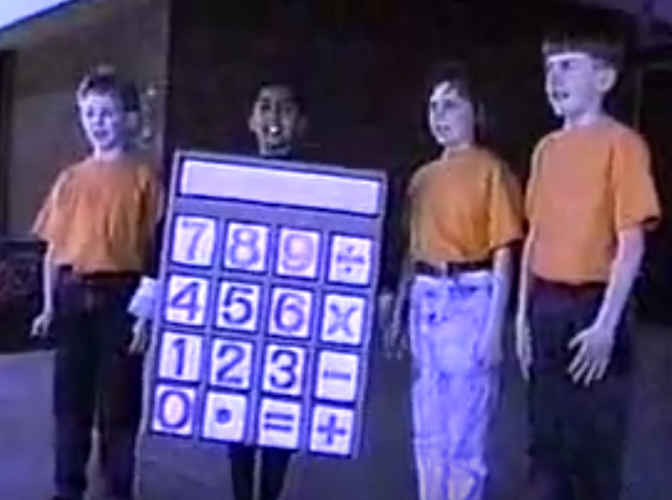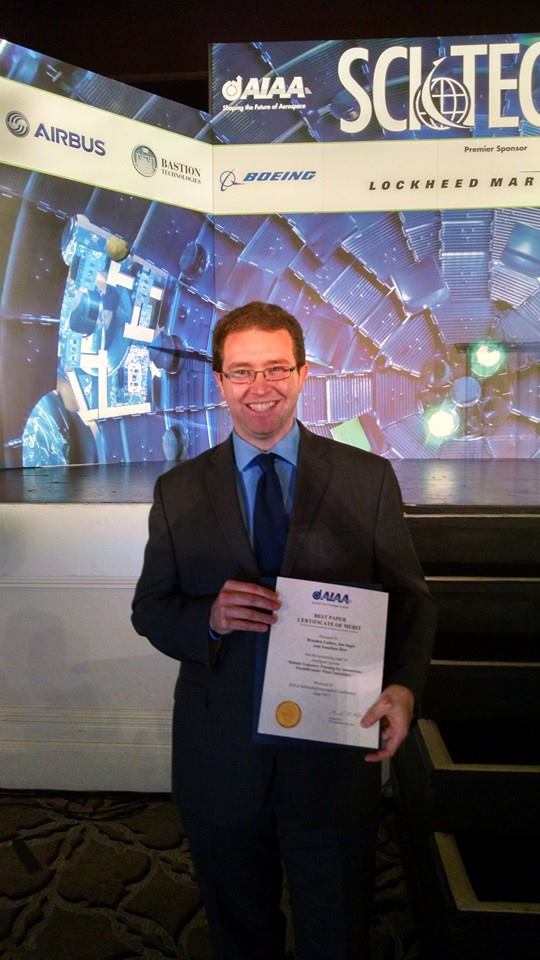A Young STEM Student’s Journey to Aerospace Engineering
Brandon Luders participated in ExploraVision as a third-grade student at Chattahoochee Elementary School in 1992. Brandon and his team became national finalists for their vision of a wristwatch of the future, or a “Personal Automated Lifeguard.” Now a successful engineer at Google, Brandon credits ExploraVision as an early factor in his lifelong passion for STEM.
Q: How did you first get involved in ExploraVision? What was your experience with the program?
A: Mrs. Richards, one of my third-grade teachers, first introduced me to ExploraVision. For our topic, our team of four decided to imagine what calculators might be like in 20 years. Our vision of the future eventually took the form of the “Personal Automated Lifeguard,” or PAL: a wristwatch containing a calculator, TV, phone, access to bank accounts, and more.
When we made it to the finalist round, we got to spend a day filming scenes around our school for our video, starring Cal Q. Lator. (For a major blast from the past, check out the video here)
ExploraVision has changed the way I think about technology, and I am grateful I got to be a part of that experience.

Caption: Before ExploraVision required winners to build websites, winners needed to film team videos!
Q: Were you always interested in science? When did you realize it was your passion?
A: I have been fascinated with math since a very young age. I think what has appealed to me most about math is how a few simple rules—such as addition and multiplication—can be used to build up this whole set of powerful ideas about how numbers work.
I embarked on a career in robotics because I wanted to apply my appreciation of technology to make the world smarter and safer.

Caption: Brandon’s early science education set him up for a successful career in robotics.
Q: What are important science or engineering skills a high school student should develop as they prepare for a science-focused college major?
A: I think the single most important trait for a career in science and engineering is curiosity: a thirst to understand why and how things work. I’ve found that as I start to understand the individual principles behind a field of science, those principles start to fit together, like pieces of a puzzle.
Q: Do you follow a certain process to solve complex problems at work?
A: When I am solving a particularly hard problem, I always start by defining the problem: writing down what I know, what I don’t know, and what I want to know.
One of the most important lessons I learned from my engineering education is that when you focus on defining the problem, even the most complex and challenging problems can eventually be solved.